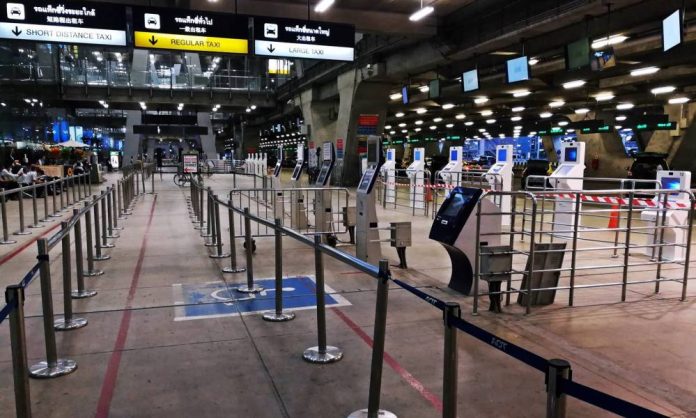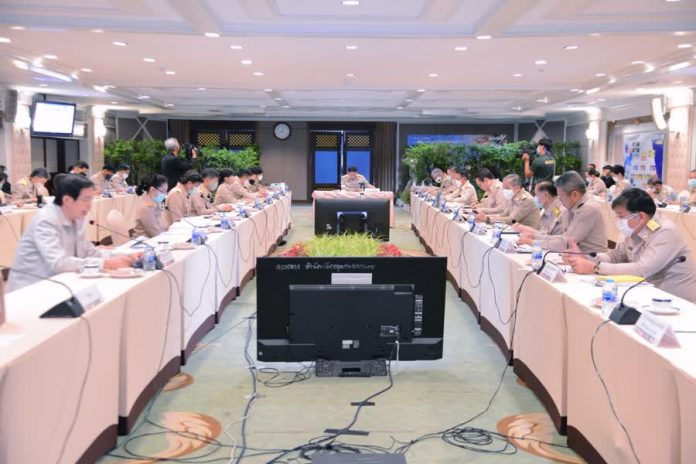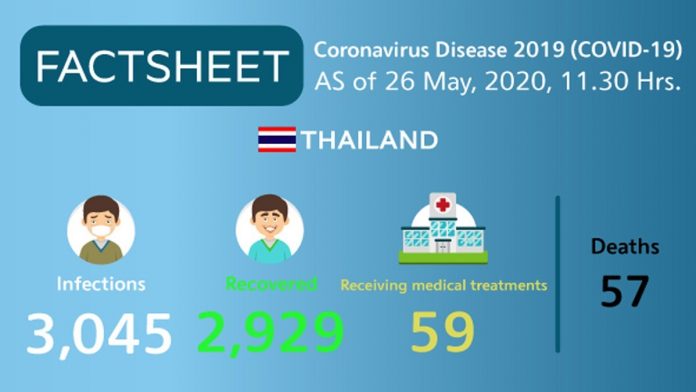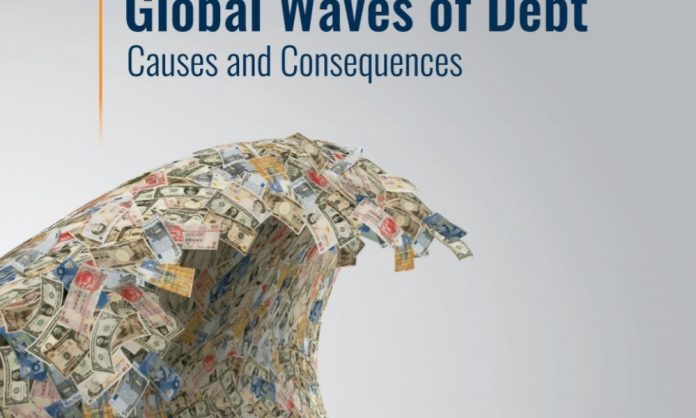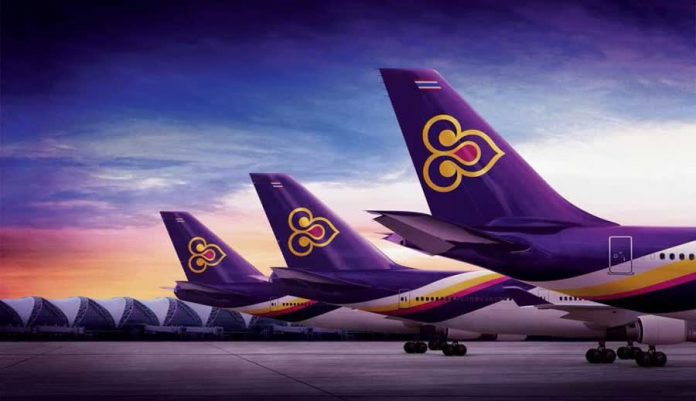The tightening of COVID-19 containment measures in both Thailand and abroad temporarily disrupted several economic activities. The tourism sector substantially contracted due to Thailand’s inbound travel restriction measures.
Merchandise exports excluding gold contracted at a higher rate, consistent with the decline in trading partner demand. Private consumption indicators highly contracted as a result of weakening purchasing power and the containment measures.
Private investment indicators and manufacturing production continued to contract significantly following demand conditions and economic uncertainties. However, public spending continued to expand from both current and capital expenditures.
This month, the government began to transfer financial relief to those affected by the COVID-19 outbreak which would support the economy going forward.
On the stability front, headline inflation was more negative from energy prices as a result of falling global crude oil prices and the government’s electricity bill subsidy measure. The labor market was more vulnerable. The current account registered a deficit. Capital and financial accounts posted a surplus mainly from the asset position.
Zero foreign tourist arrivals
The number of foreign tourist arrivals contracted by 100 percent from the same period last year, with none of foreign tourist arrivals in this month after the implementation of Thailand’s inbound travel restriction measures to contain the spread of the COVID-19 outbreak. Consequently, tourism-related businesses, especially hotel and restaurant as well as passenger transportation, were affected…

